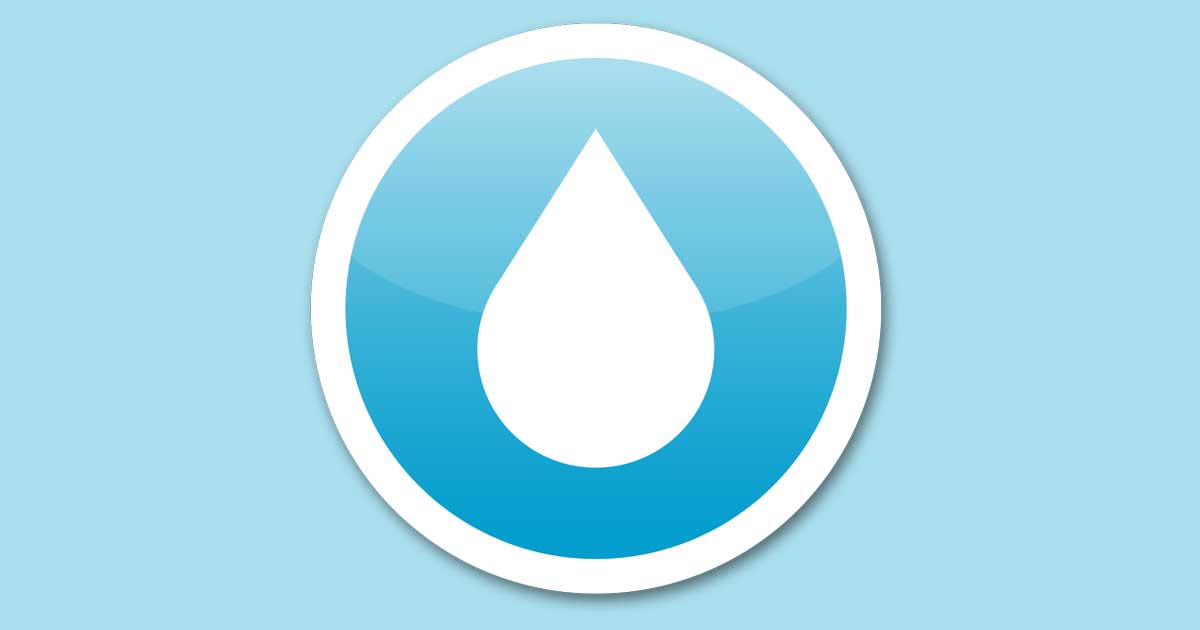Prevention
Know which pipes in your home are susceptible to freezing; typically those which outside cold air can be felt. Seal any cracks into the home that allow cold air in where pipes are located.
Insulate as much as possible outside walls near water pipes, or pipes can be wrapped with (UL approved) heat tape.
To reduce the risk of freezing outside spouts, shut off, disconnect hoses and drain water from hoses.
Know where your main shutoff valve is in your home. This is normally the quickest way to stop a busted pipe leak.
It is recommended to request your water service be turned off during winter months if no heat will be on at premises.
Freezing Pipes
Open cabinet doors to allow more heat to get to pipes near an outer wall.
Keep water moving in pipes to prevent freezing. Start by opening all the faucets in the home. Let faucets run for about one minute. The faucet that appears to be freezing is the one you want to keep running (a small trickle will do). It will cost you a lot more to replace damaged furnishings if pipes were to burst, than the cost of a little wasted water.
KEEP HEAT ON at all times. Heat should not be lower than 60 degrees, especially if you plan to be away from the home for long periods of time.
Never use a propane torch to thaw pipes. Leaking gas or an accidental fire can result in a major fire or explosion.
If leak has occurred
Contact our office to shut off water at main valve.
Call a certified plumber to repair any damage to your water service line and internal piping.
Contact your insurance agent to notify them of any damage.
